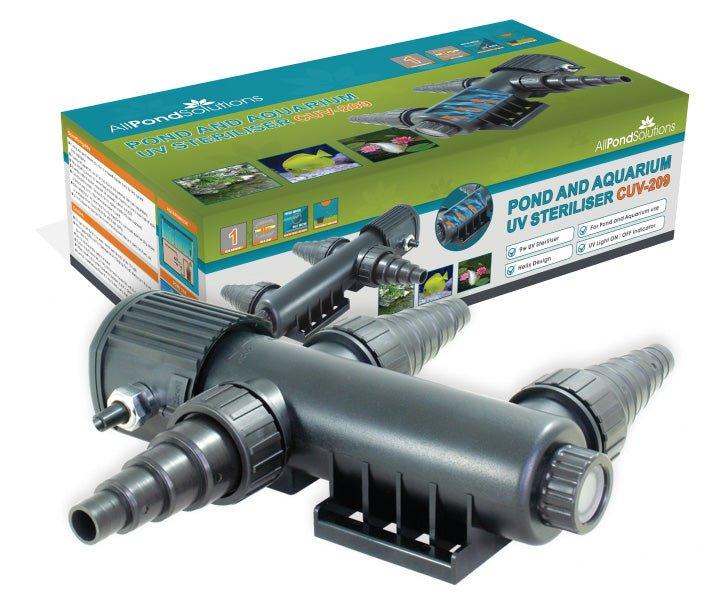How Temperature Change Affects Your Fish
Setting up a new aquarium involves looking at several factors, such as water quality, filtration, and temperature.
While we all know that heaters for aquarium habitats are vital for tropical fish, how crucial is it to maintain steady warmth?
In this guide, AllPondSolutions explains what happens when temperatures rise or drop and how to protect the welfare of your fish and aquarium species.
Health Impacts of an Overheated Aquarium
Fish tend to have high metabolisms, which means when their water is warmer, that impacts respiration, increasing the need for food.
The effect depends on what fish you keep in your aquarium, but if the temperature in your heaters for aquarium spaces creeps too high, your fish might find it tough to eat the amount they need to.
High temperatures also change the dissolved oxygen in your aquarium, so fish with less robust respiration rates may decline in health or even die.
The best way to avoid this is to invest in a high-performance thermometer specifically designed for aquariums.
How Aquarium Temperature Changes Impact Reproduction
Another by-product of having lights set too high, impacting your water temperature, is that fish can suddenly stop reproducing.
LED lights are an easy solution; they produce a fraction of the energy of a fluorescent bulb. Visit our comprehensive catalogue of Aquarium LED Lighting to discover more.
If the water is too far from an optimal level, fish will reduce activity to conserve their energy.
Warmer temperatures also increase the intensity and solubility of toxic pollutants, which means faster growth of fungus, sludge, and harmful algae.
Controlling Aquarium Water Temperatures
As we've mentioned, a good thermometer is essential. LED lights are suitable for most tropical fish and a sensible way to avoid adding another heat source to your aquarium.
Aquarium Heaters should also ideally have controls and monitoring functionality, so you can always see whether the temperature is appropriate, or getting too hot or cold.
